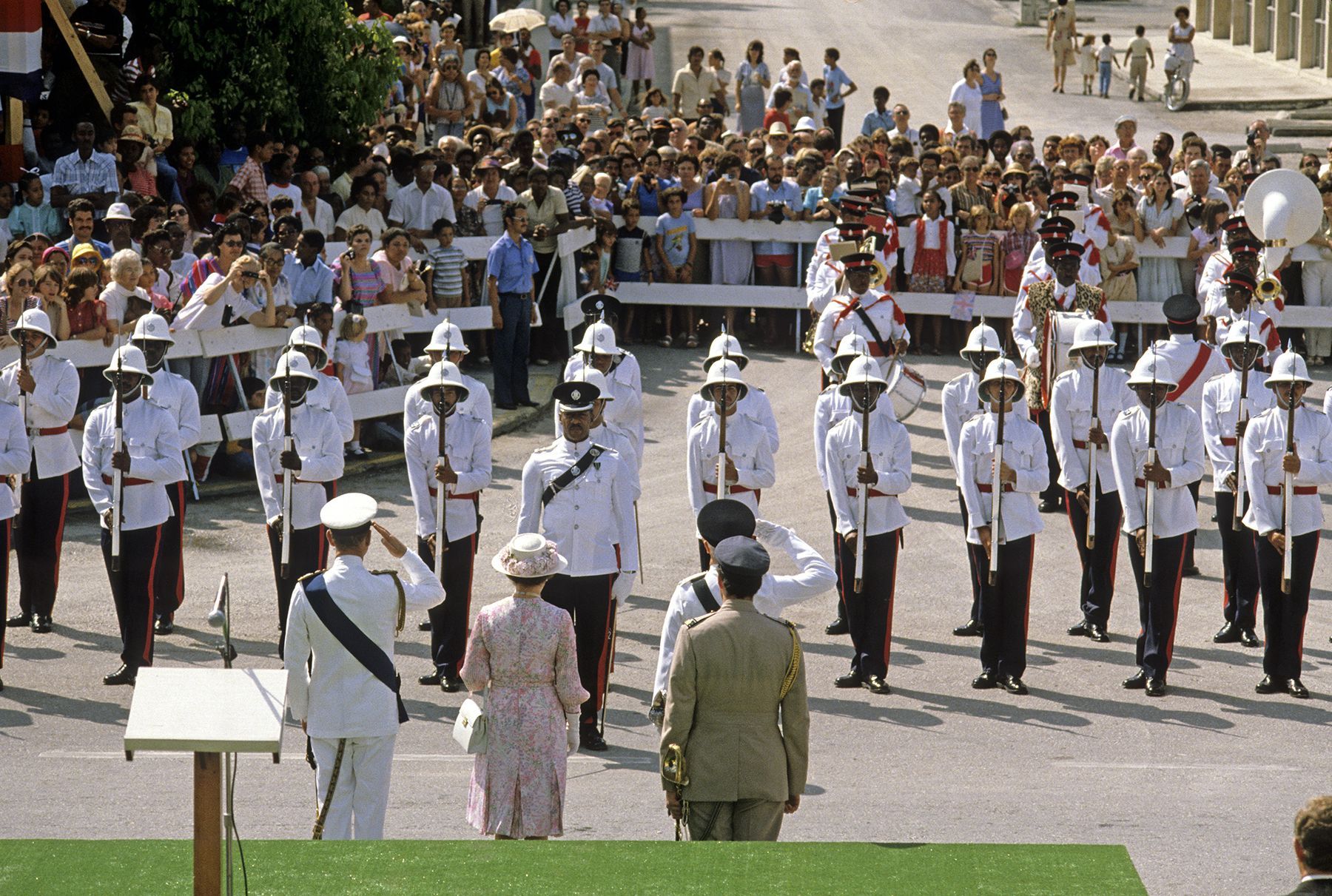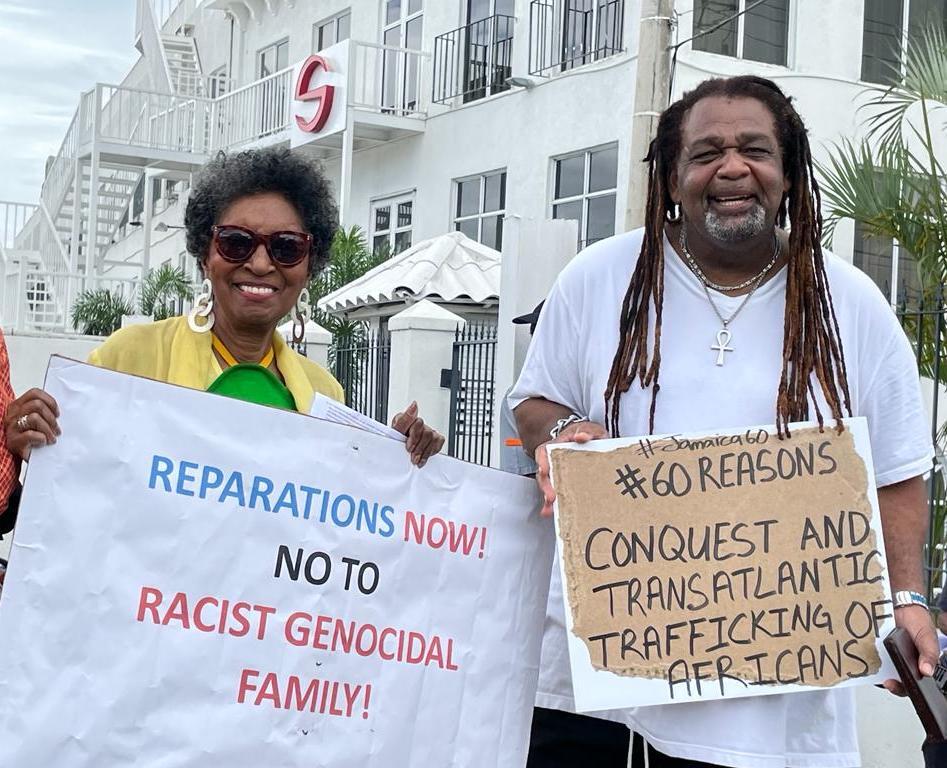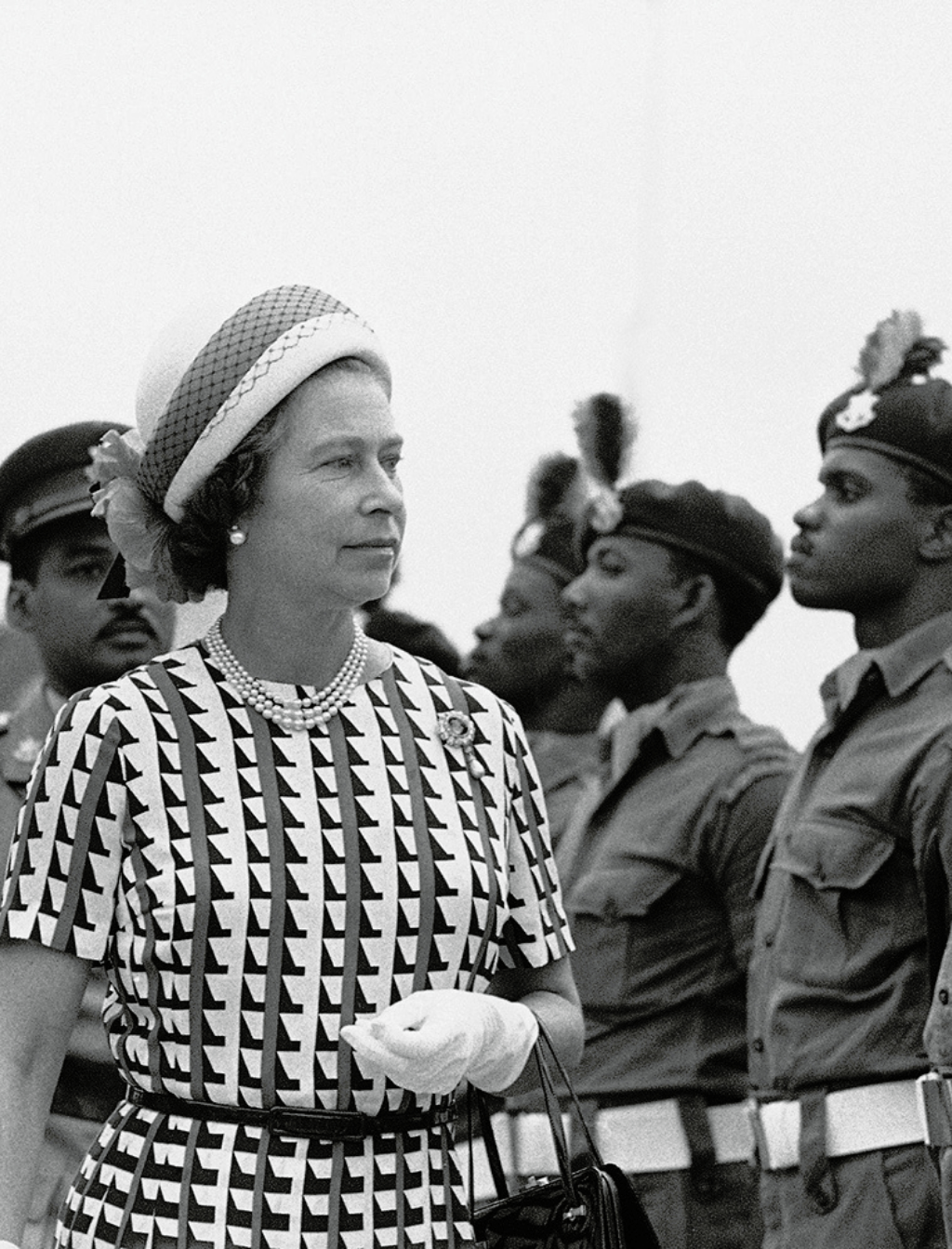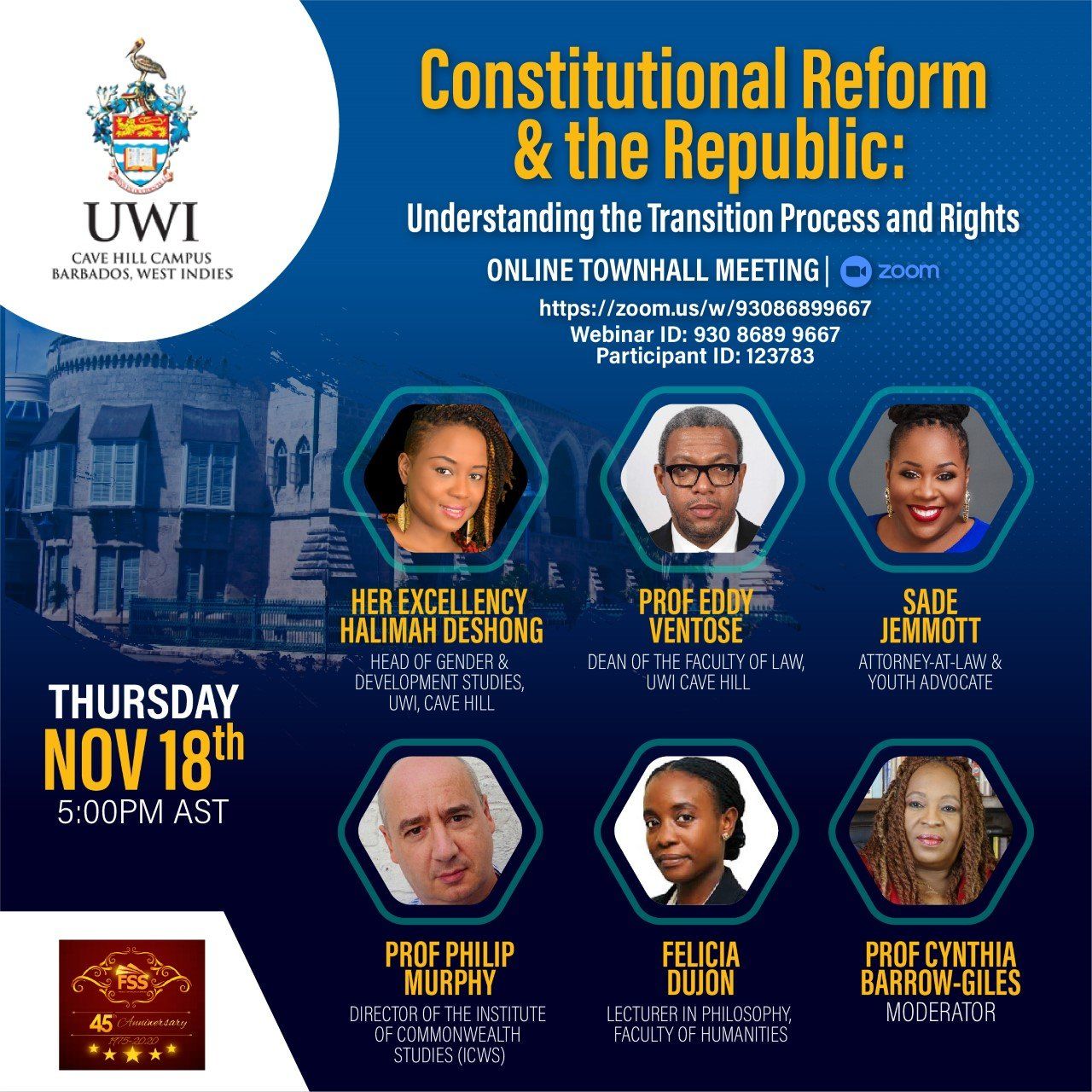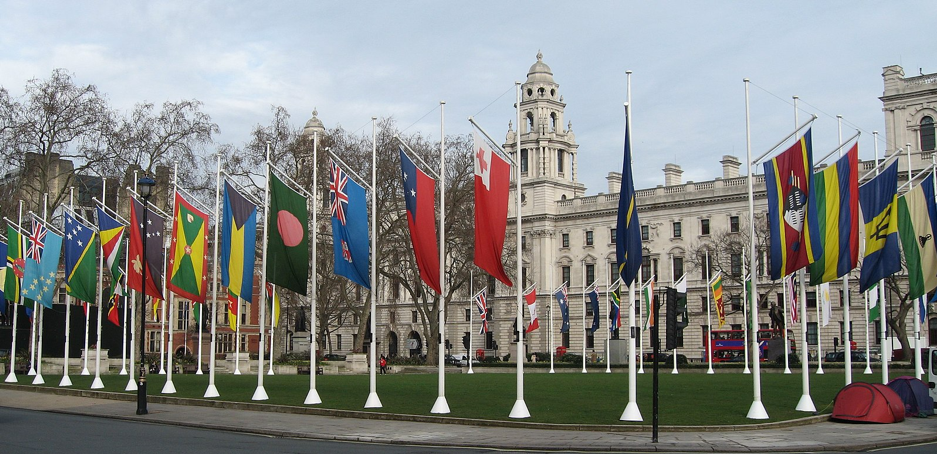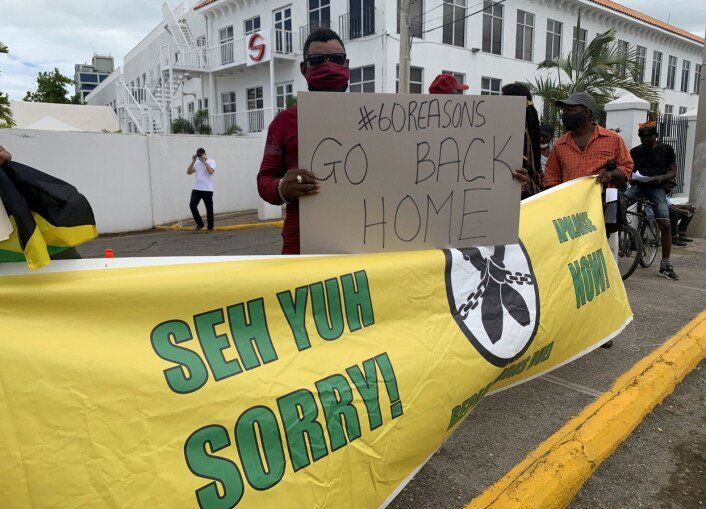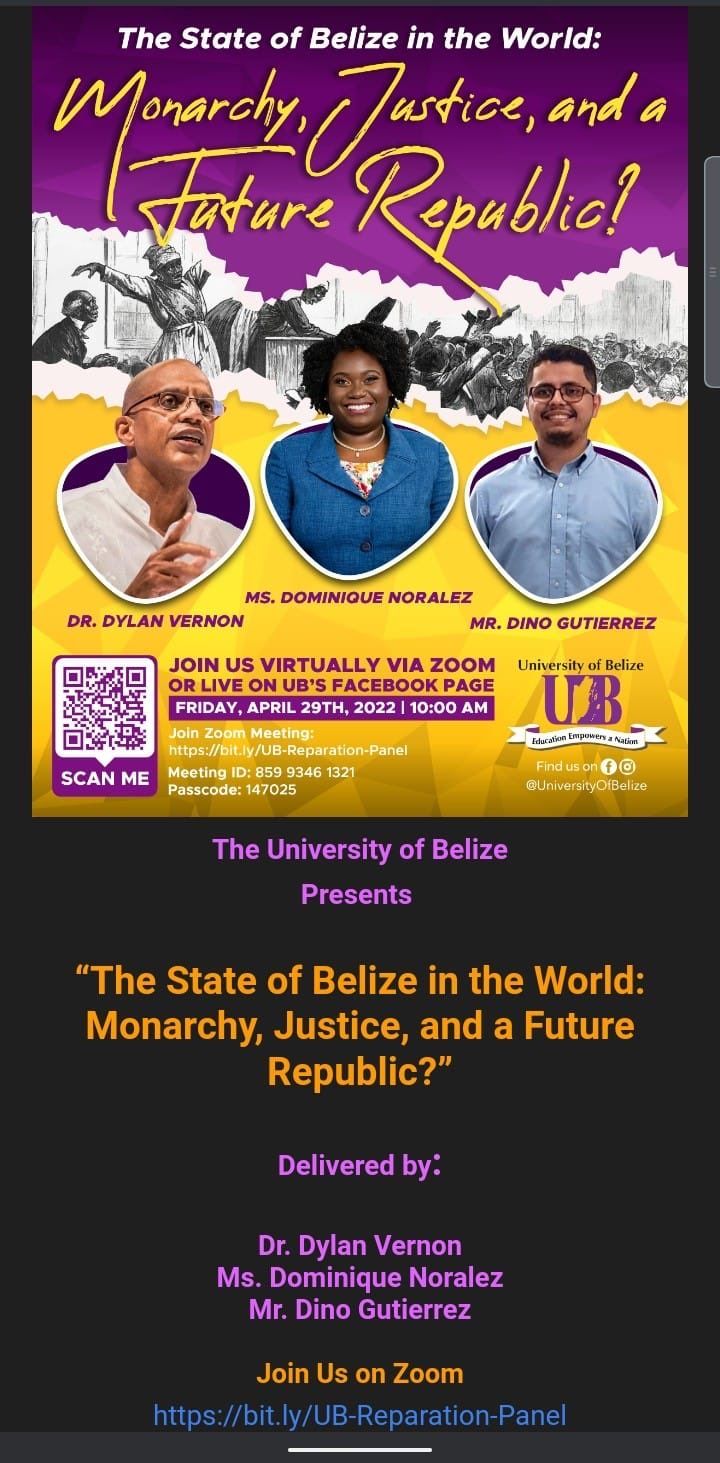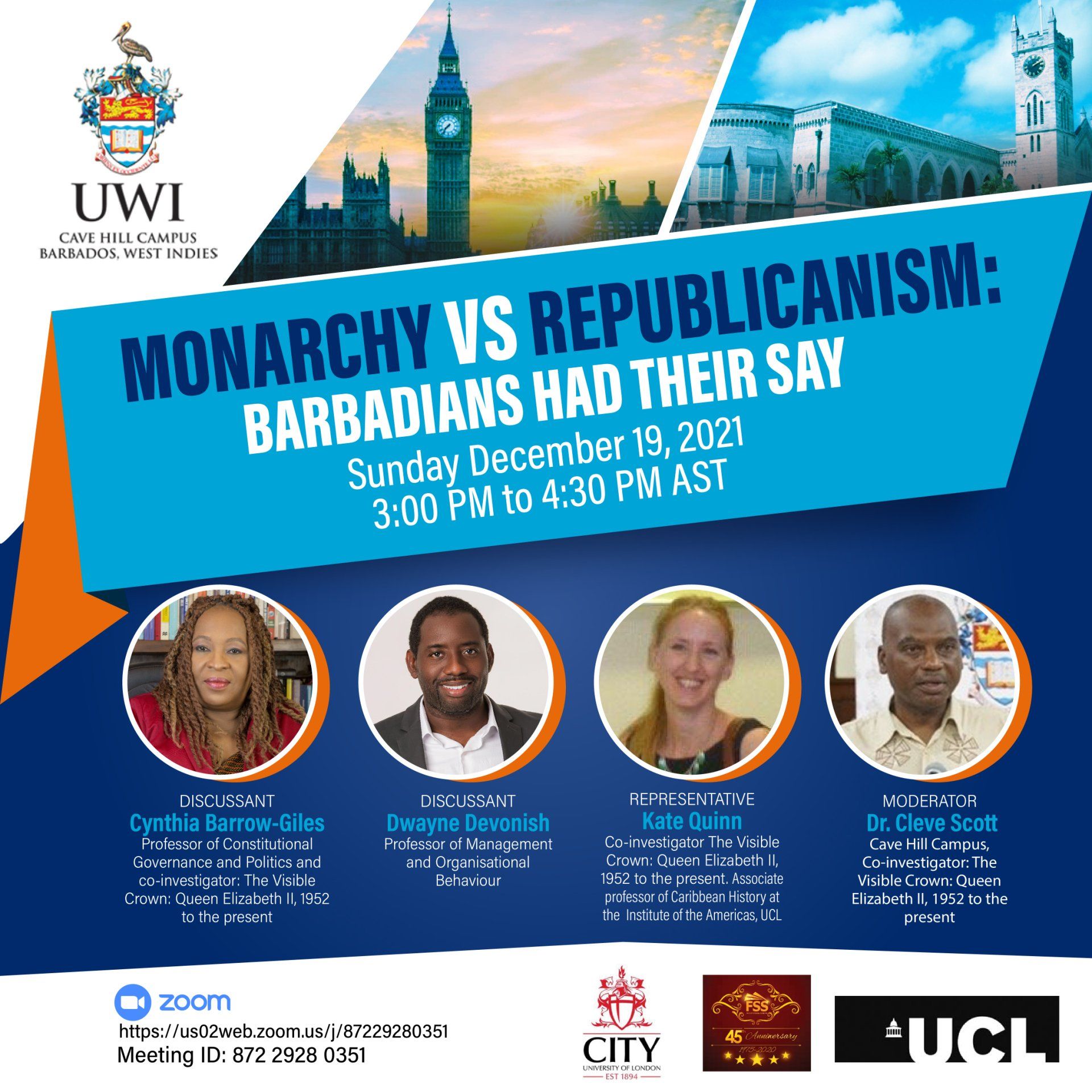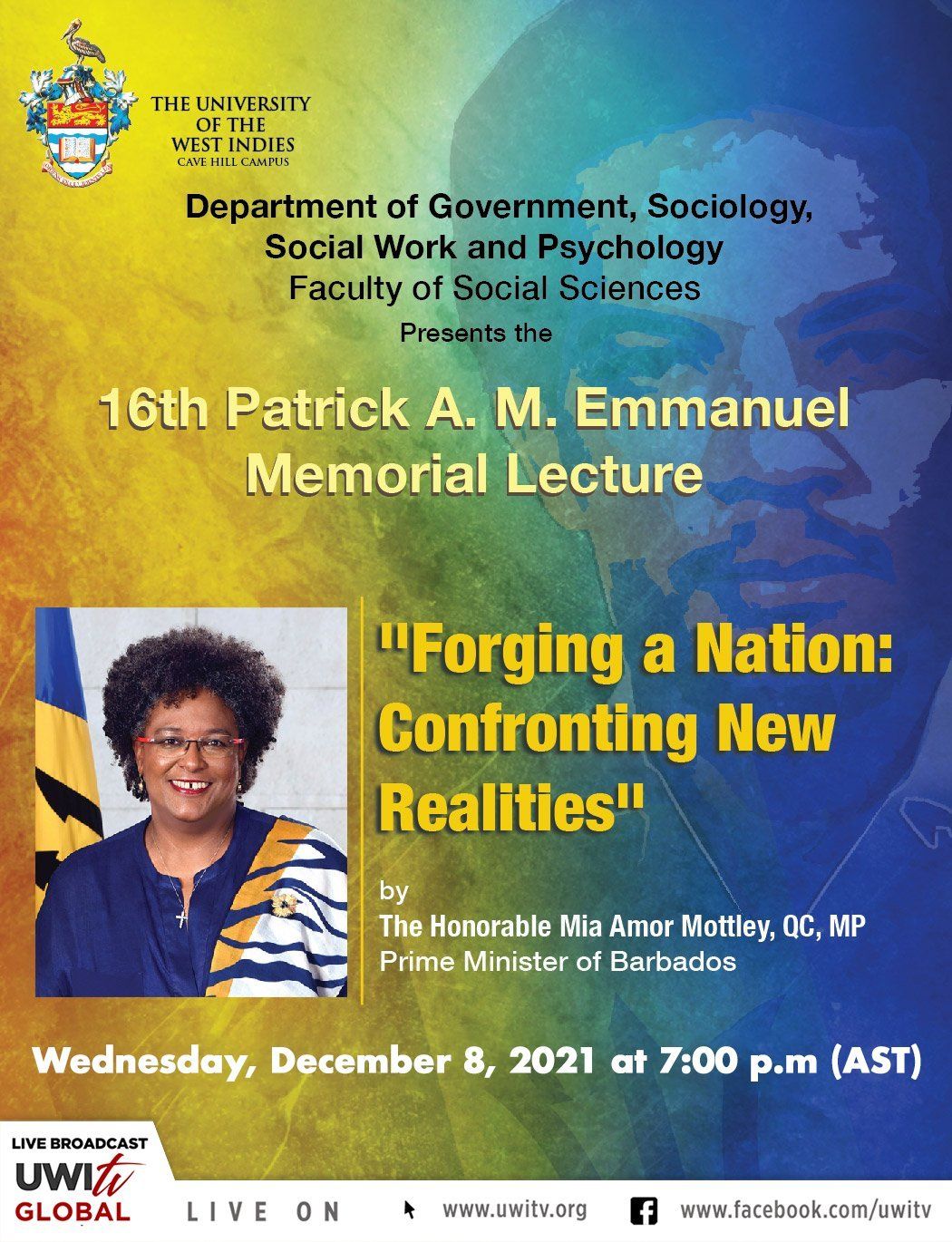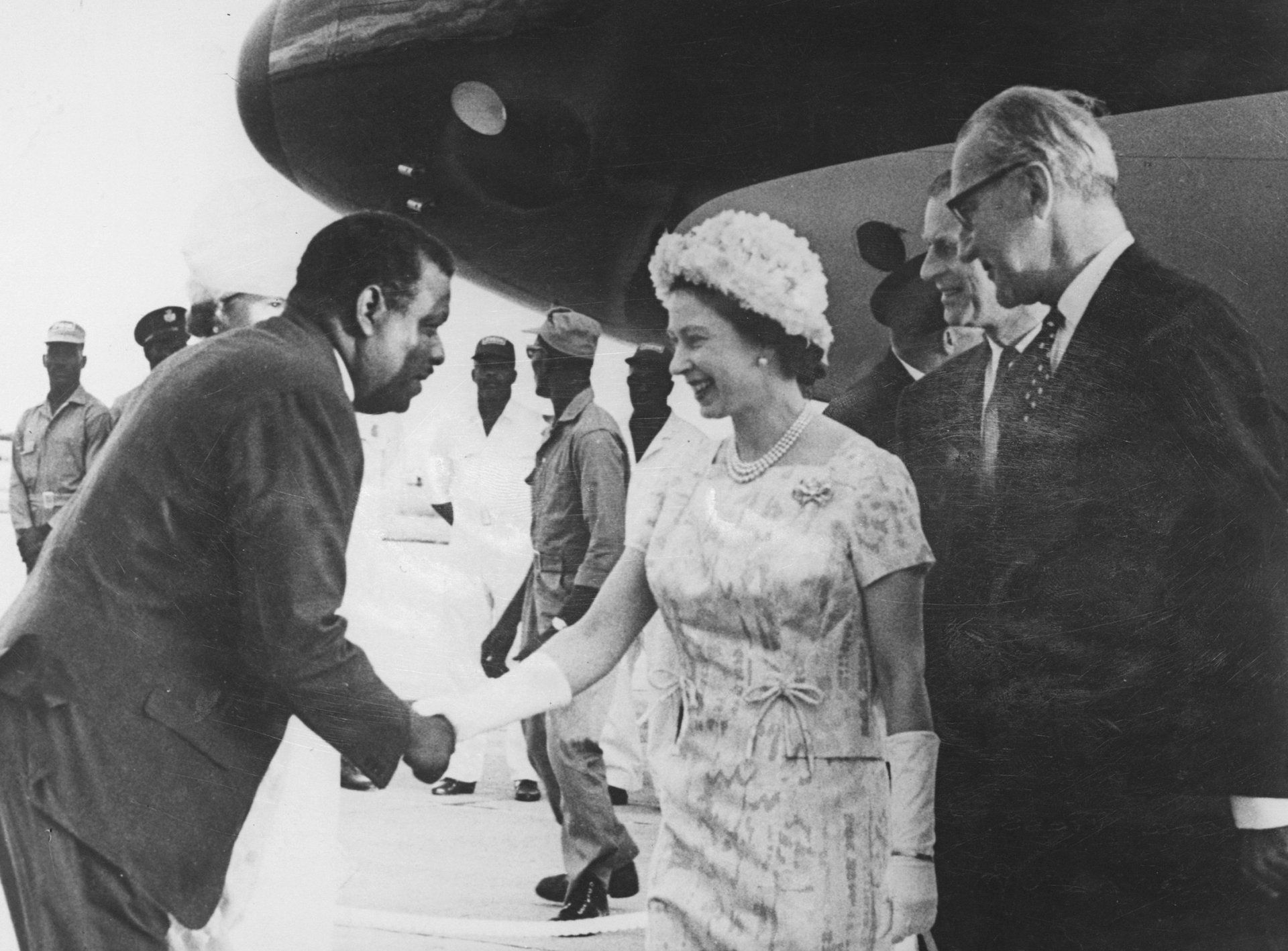The Queen’s Diplomacy: Why the Commonwealth May Be Elizabeth II’s Greatest—and Most Fragile—Legacy
14 October 2022
Photo credit: Simon Berry
"There are few points of comparison for a head of state who remains in office for seven decades. In June 2022, Queen Elizabeth II, who died on September 8, surpassed even Thailand’s King Bhumibol Adulyadej to become the longest-reigning monarch in the industrial era. Only Louis XIV of France, who ruled for 72 years in the seventeenth and early eighteenth centuries, spent more time on the throne," writes Philip Murphy for Foreign Affairs.
Read the full article here.
About the author

Philip Murphy
Professor of British and Commonwealth History at the University of London and Director of the Institute of Commonwealth Studies. Philip’s many publications include a study of the relationship between the British royal family and the Commonwealth, Monarchy and the End of Empire (2013) and, most recently, The Empire’s New Clothes: The Myth of the Commonwealth (2018). He is also joint editor of the Journal of Imperial and Commonwealth History. Alongside British Imperial History, Philip has a long-standing interest in intelligence history, and in international intelligence links.
